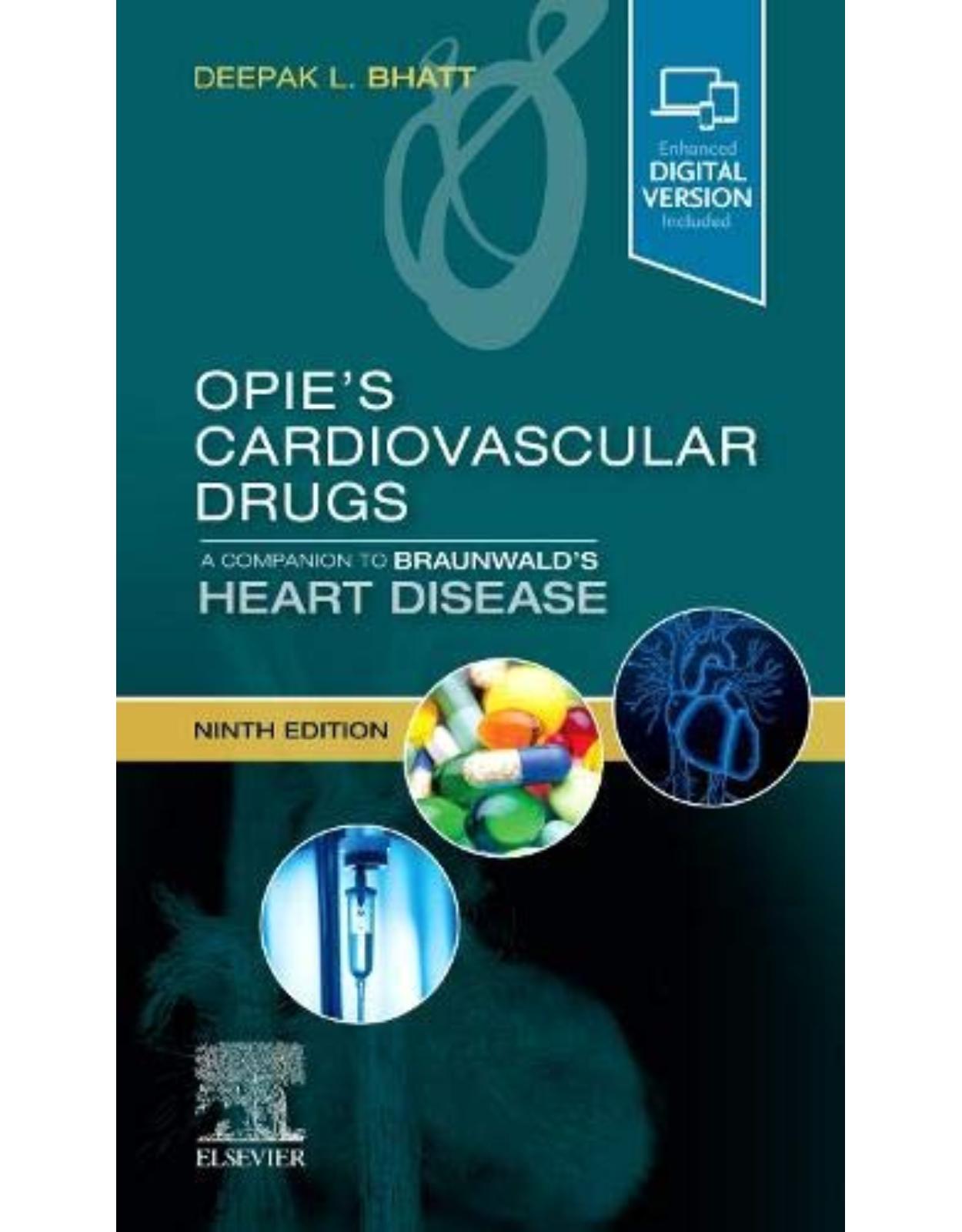
Opie’s Cardiovascular Drugs
Livrare gratis la comenzi peste 500 RON. Pentru celelalte comenzi livrarea este 20 RON.
Disponibilitate: La comanda in aproximativ 4-6 saptamani
Autor: Deepak L. Bhatt MD MPH
Editura: Elsevier
Limba: Engleza
Nr. pagini: 720
Coperta: Paperback
Dimensiuni: 111 x 187 mm
An aparitie: 19 Jan. 2021
Description:
Authoritative, portable, and up to date, Opie’s Cardiovascular Drugs, 9th Edition, is the definitive reference for quick access to frequently used drugs in all phases of care for cardiac patients. Now a part of the Braunwald family of renowned cardiology references, this compact title provides crucial information in an easily accessible format—ideal for cardiologists, residents, cardiology fellows, medical students, nurses, and other cardiac care providers. Updated to include the latest guidelines and evidence-based implications, it offers clear and concise explanations and pertinent clinical facts for all classes of cardiac drugs, as well as all the latest clinical trial results and evidence for the pharmacologic treatment of heart disease.
- Uses a new, consistent format for each drug class: overview and guidelines for use, mechanisms of action, differences among drugs in class, data for use, side effects, and drug interactions.
- Covers key topics such as new ESC and NLA guidelines, advances in lipid-lowering therapy, new diabetes drugs that improve cardiovascular outcomes, obesity drugs and cardiovascular and metabolic effects, drugs targeting inflammation, and combinations of antithrombotic therapies with analysis of risk-benefit.
- Provides guidance on how to effectively manage comorbid diseases.
- Contains dozens of unique “Opiegram” diagrams that demystify complex mechanisms of action and other drug processes—many updated to reflect current pathologic understanding of mechanisms.
Table of Contents:
1. Braunwald’s Heart Disease Family of Books
2. 1: Drugs for Ischemic Heart Disease
3. Introduction
4. β-Blockers
5. Summary
6. Nitrates and Newer (or Nontraditional) Antianginals
7. Calcium Channel Blockers
8. Summary
9. Summary
10. 2: Antihypertensive Therapies
11. Introduction
12. Drug Class Overview and Guidelines
13. Diuretics
14. Calcium Channel Blockers
15. Angiotensin-Converting Enzyme Inhibitors
16. Angiotensin II Receptor Blockers
17. Mineralocorticoid Receptor Antagonists
18. β-Blockers
19. Central Sympatholytic Agents
20. α1-Adrenoreceptor Antagonists
21. Direct Vasodilators
22. 3: Heart Failure
23. Introduction
24. Acute Decompensated Heart Failure
25. Pharmacotherapy
26. Vasodilators
27. Novel Vasodilators
28. Inotropes
29. β-Adrenergic Agonists
30. Phosphodiesterase Inhibitors
31. Calcium Sensitizers
32. Novel Inotropes
33. Vasopressors
34. Special Situations
35. Heart Failure Patients With Reduced Ejection Fraction
36. Pharmacotherapy
37. Angiotensin-Converting Enzyme Inhibitors
38. Angiotensin Receptor Blockers
39. Angiotensin Receptor Neprilysin Inhibitors
40. Mineralocorticoid-Receptor Antagonists
41. Sodium-Glucose Cotransporter-2 Inhibitors
42. Additional Therapy
43. Combination of Hydralazine Plus Isosorbide Dinitrate
44. If Channel Inhibitor
45. Digoxin
46. Iron Supplementation and Anemia
47. Fish Oil and Marine Omega-3 Polyunsaturated Fatty Acids
48. Micronutrient Supplementation
49. Oral Anticoagulants and Antiplatelet Therapy
50. Statins
51. Antiarrhythmic Agents
52. Direct Renin Inhibitors
53. Heart Failure Patients With Preserved Ejection Fraction
54. Heart Failure Patients With Mid-Range Ejection Fraction
55. Pharmacotherapy
56. Renin-Angiotensin Blockade: Angiotensin Converting Enzyme Inhibitors and Angiotensin Receptor Blockers
57. Mineralocorticoid Receptor Antagonists
58. Angiotensin Receptor Neprilysin Inhibitors
59. β-Blockers
60. Digoxin, Calcium Channel Blockers, and Ivabradine
61. Nitric Oxide and cGMP Signaling: Phosphodiesterase-5 Inhibitors, Nitrates, and Soluble Guanylate Cyclase Stimulators
62. Other Medications
63. Reverse Cardiac Remodeling: Remission Versus Recovery
64. Drugs That Should Be Avoided or Used Cautiously in Heart Failure
65. Pharmacological Treatment of Selected Cardiomyopathies
66. Future Perspectives
67. Summary
68. 4: Drugs for Diabetes
69. Metabolic Syndrome and Prediabetes
70. Diabetes Prevention
71. Cardiovascular Disease Risk Assessment
72. Value of Improved Glycemic Control
73. Importance of Large Cardiovascular Disease Outcome Trials
74. Drugs That Lower Cardiovascular Disease Risk
75. Drugs That Do Not Lower Cardiovascular Disease Risk
76. Hypoglycemia
77. Guidelines
78. Future Directions
79. 5: Drugs for Obesity
80. Drug Class Overview and Guidelines
81. Weight Loss Intervention
82. Pathophysiology and Mechanism of Action
83. Conclusion
84. 6: Lipid-Modifying Drugs
85. Inflammation and Atherogenesis
86. Prevention and Risk Factors
87. Blood Lipid Profile
88. Lipids in Special Population Groups
89. Dietary and Other Nondrug Therapy for Dyslipidemia
90. Drug Therapy for Dyslipidemia
91. Summary
92. 7: Drugs Targeting Inflammation
93. Basic Concepts of Inflammation Biology
94. Stimuli for the Inflammatory Response
95. Central Hubs of Inflammatory Signaling (see Fig. 7.2)
96. Mediators
97. Conclusions, Challenges, and Future Perspective
98. 8: Antithrombotic Drugs
99. Introduction
100. Thrombosis
101. Emerging Construct and Future Targets for Antithrombotic Therapy
102. Cardiovascular Drug Therapy
103. Platelet-Directed Therapies
104. Platelet P2Y12 Receptor Antagonists
105. Periprocedural Management of Antiplatelet Therapy
106. Intravenous Platelet GPIIb/IIIa Receptor Antagonists
107. Summary of Recommendations in Patients With ACS
108. Anticoagulants
109. Parenteral Anticoagulant Drugs
110. Direct Thrombin Inhibitors
111. Direct FXa Inhibitors
112. Indirect, Selective FXa Inhibitors
113. Direct Thrombin Inhibitors
114. Argatroban
115. Reversal and Replacement Therapy for Parenteral Anticoagulants
116. Oral Anticoagulant Drugs
117. Pharmacokinetics and Drug Disposition
118. Oral Direct Thrombin Inhibitors
119. Vitamin K Antagonists
120. Reversal and Replacement of Direct Oral Anticoagulant Drugs
121. Achieving Good Hemostasis
122. Conclusions
123. 9: Antiarrhythmic Drugs
124. Overview of New Developments
125. Antiarrhythmic Drugs
126. Inhaled Agents
127. New Developments in Antiarrhythmics
128. Antiarrhythmic Choice for Arrhythmias
129. Summary
130. 10: Vascular Medicine Drugs
131. Overview
132. 11: Drugs for Pulmonary Hypertension
133. Drug Class Overview and Guidelines
134. Mechanisms of Action
135. Differences Among Drugs in Class
136. Data for Use
137. Side Effects
138. Drug Interactions
139. Experimental Drugs
140. Conclusions
141. Index
| An aparitie | 19 Jan. 2021 |
| Autor | Deepak L. Bhatt MD MPH |
| Dimensiuni | 111 x 187 mm |
| Editura | Elsevier |
| Format | Paperback |
| ISBN | 9780323673617 |
| Limba | Engleza |
| Nr pag | 720 |

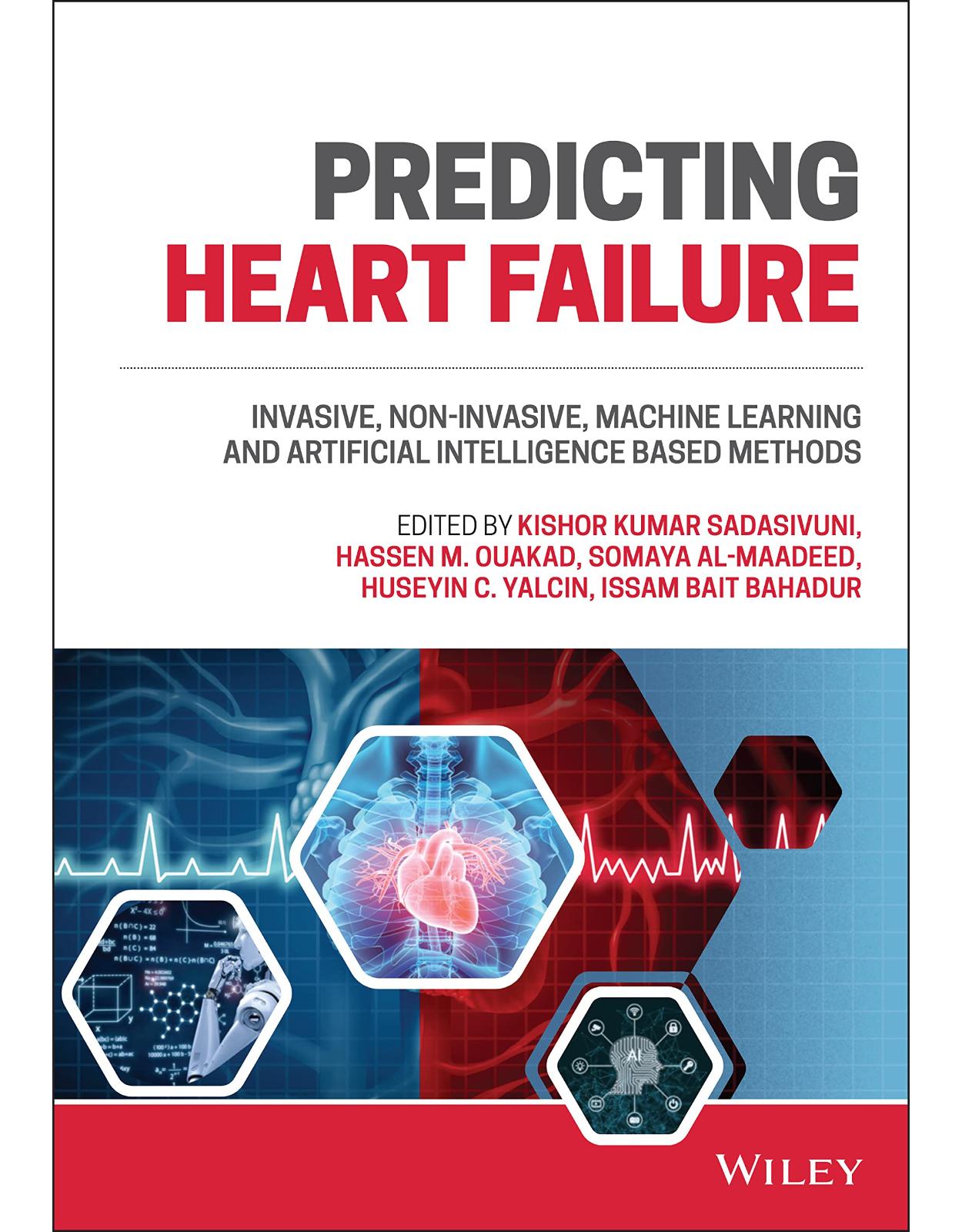
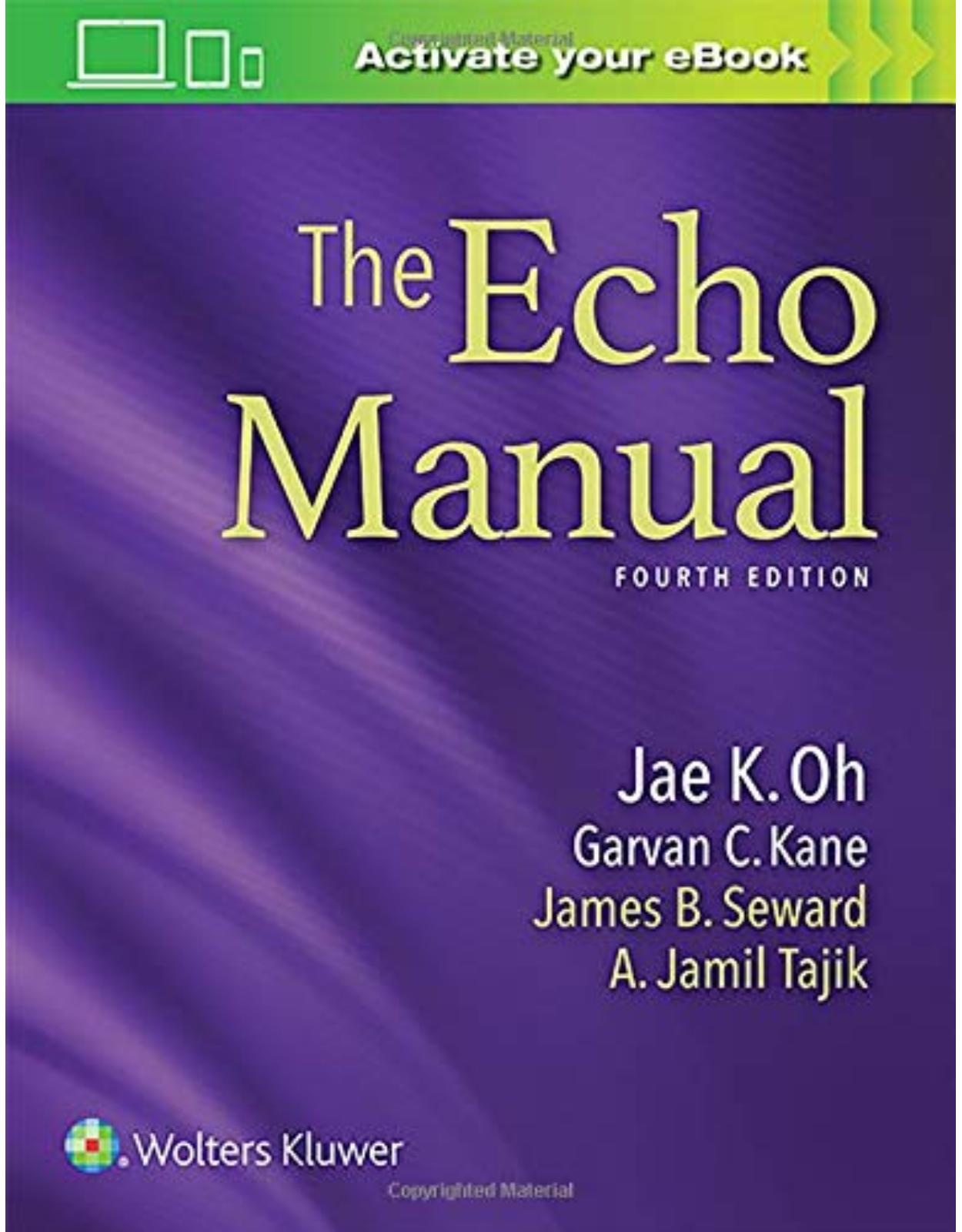
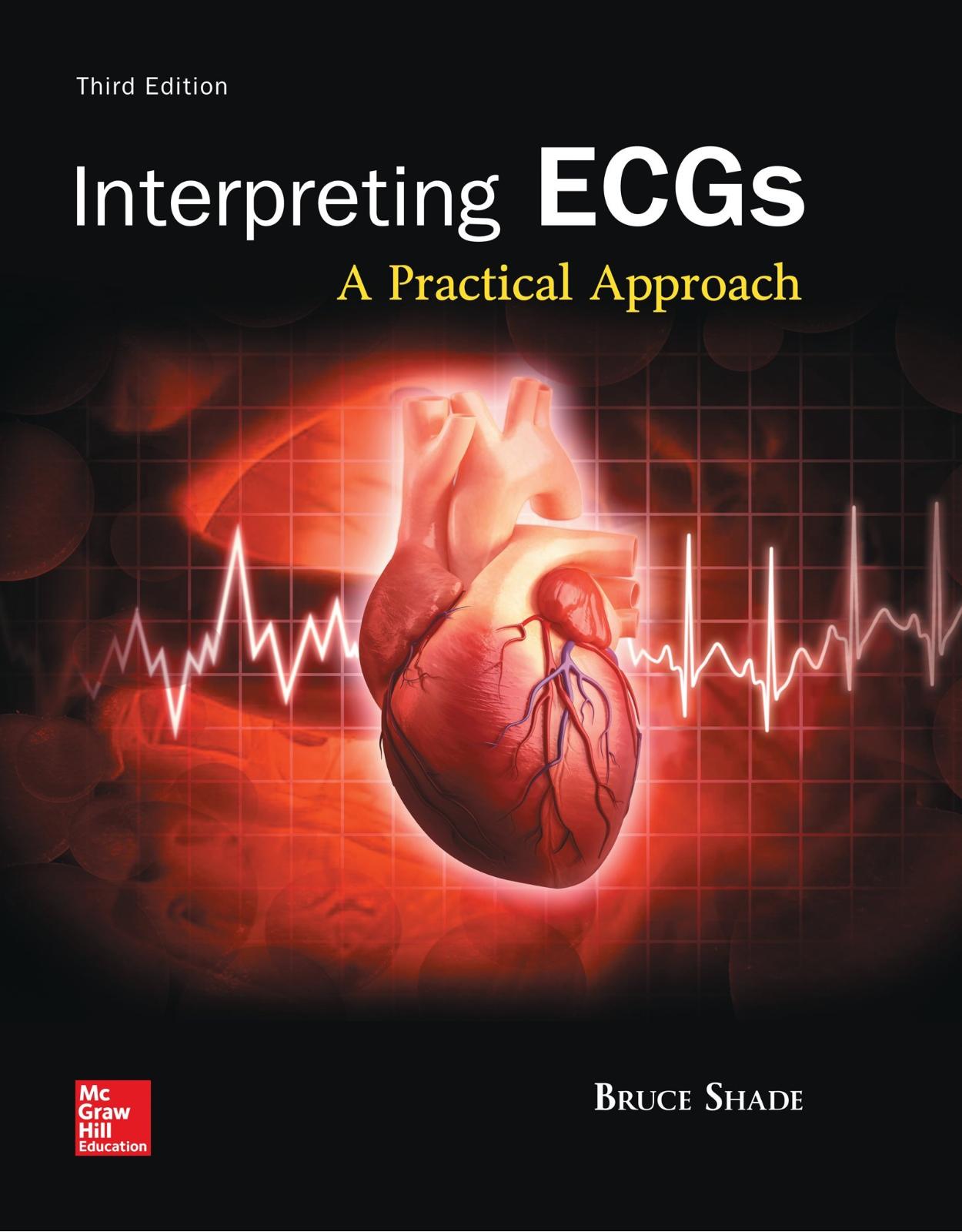
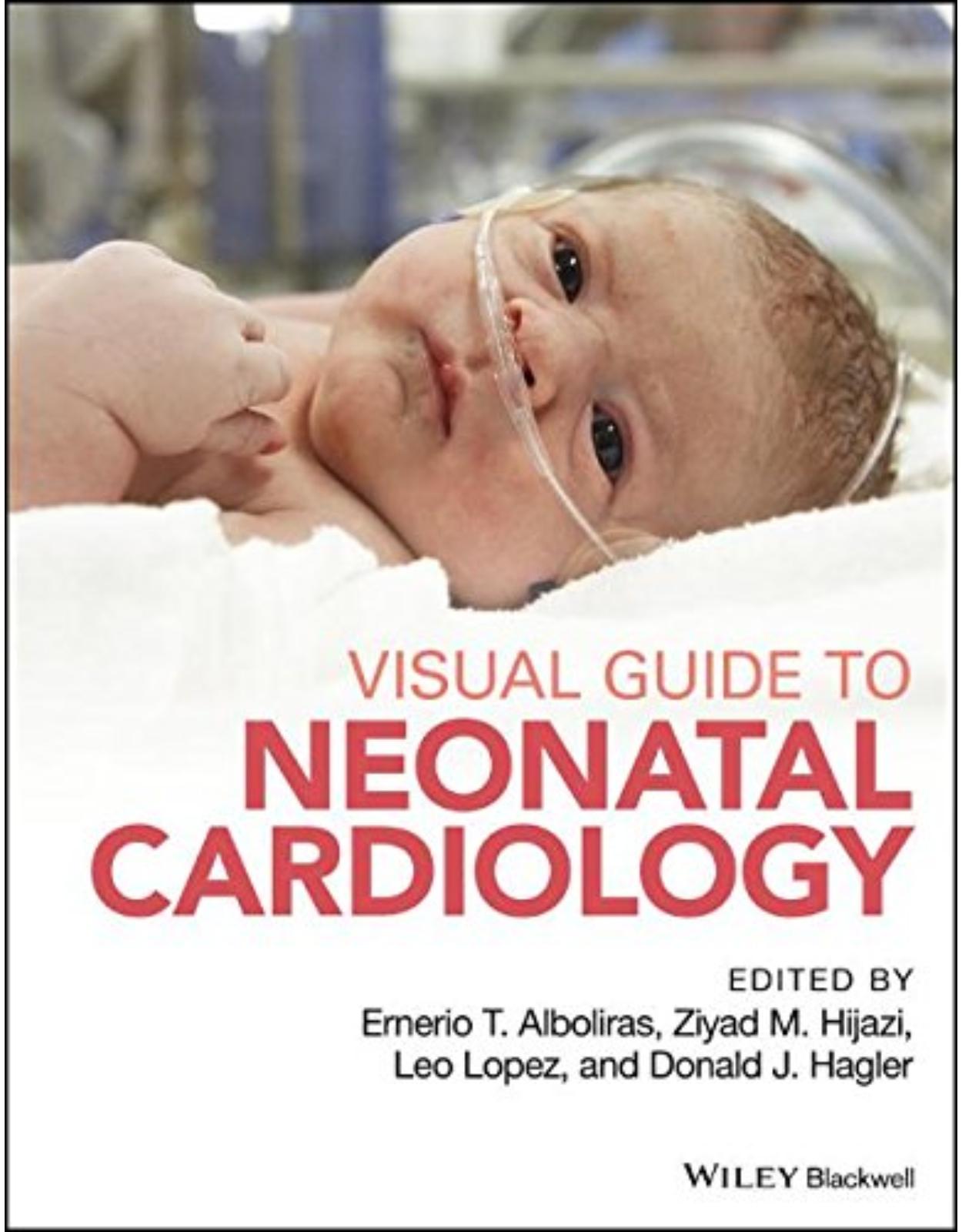
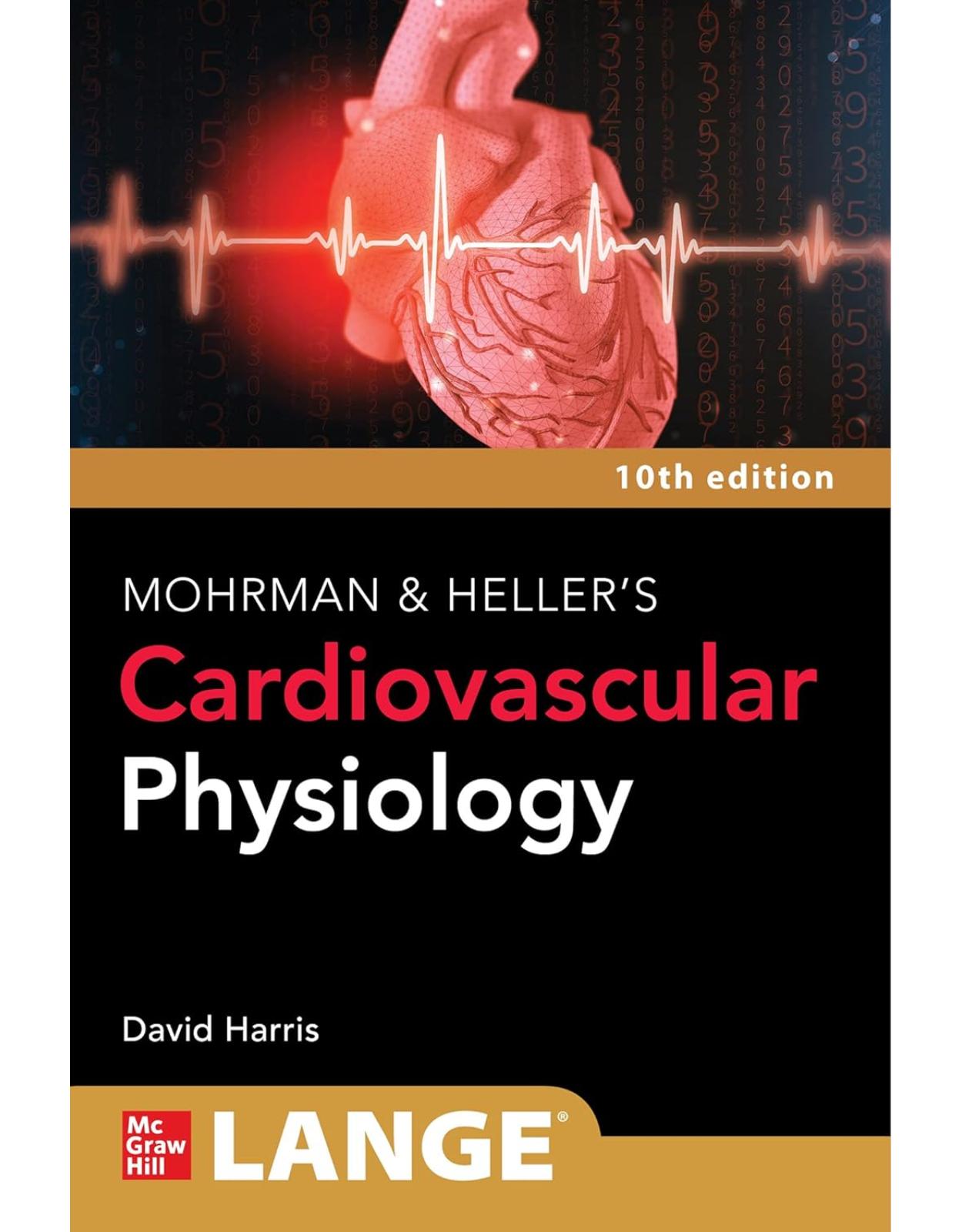
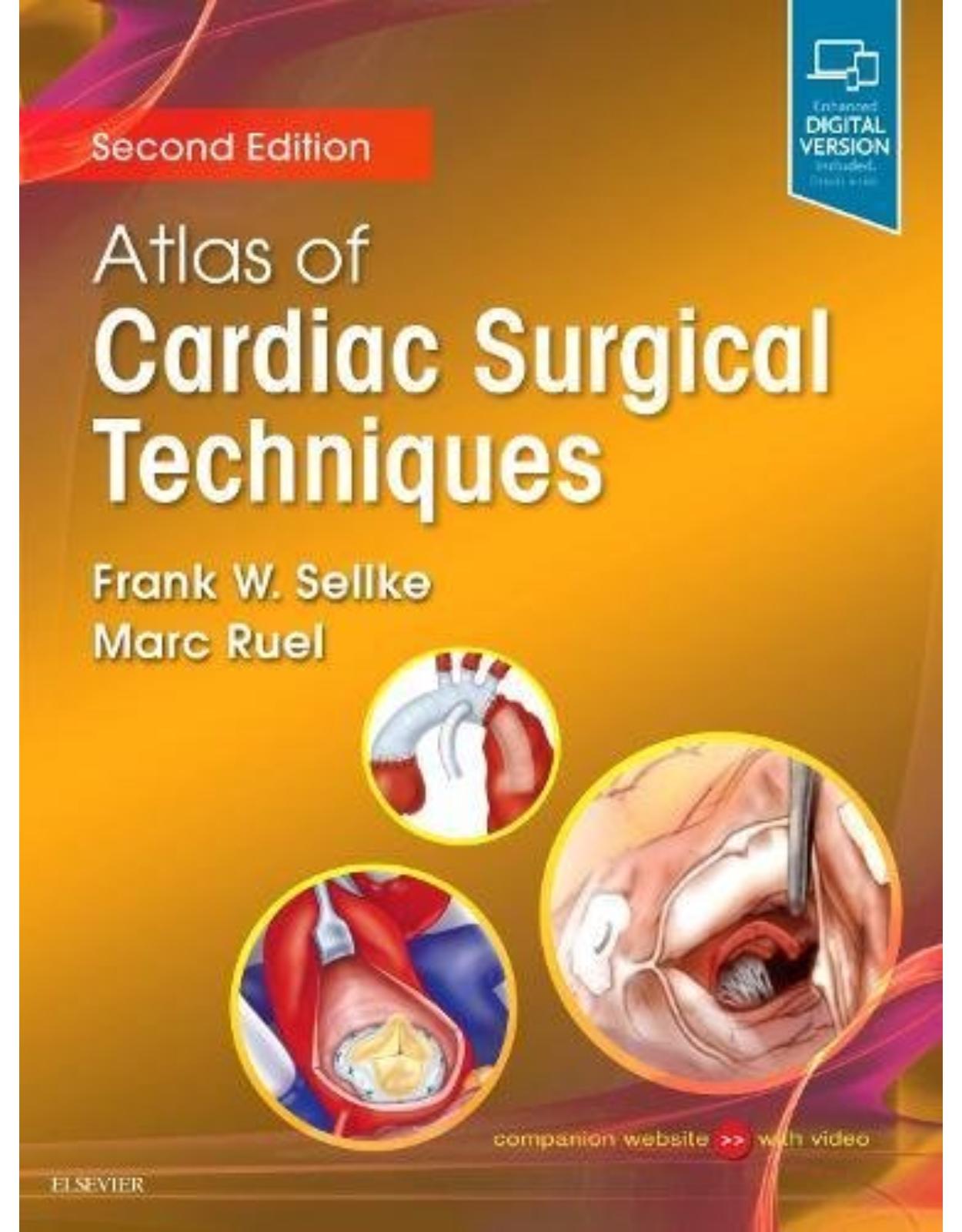
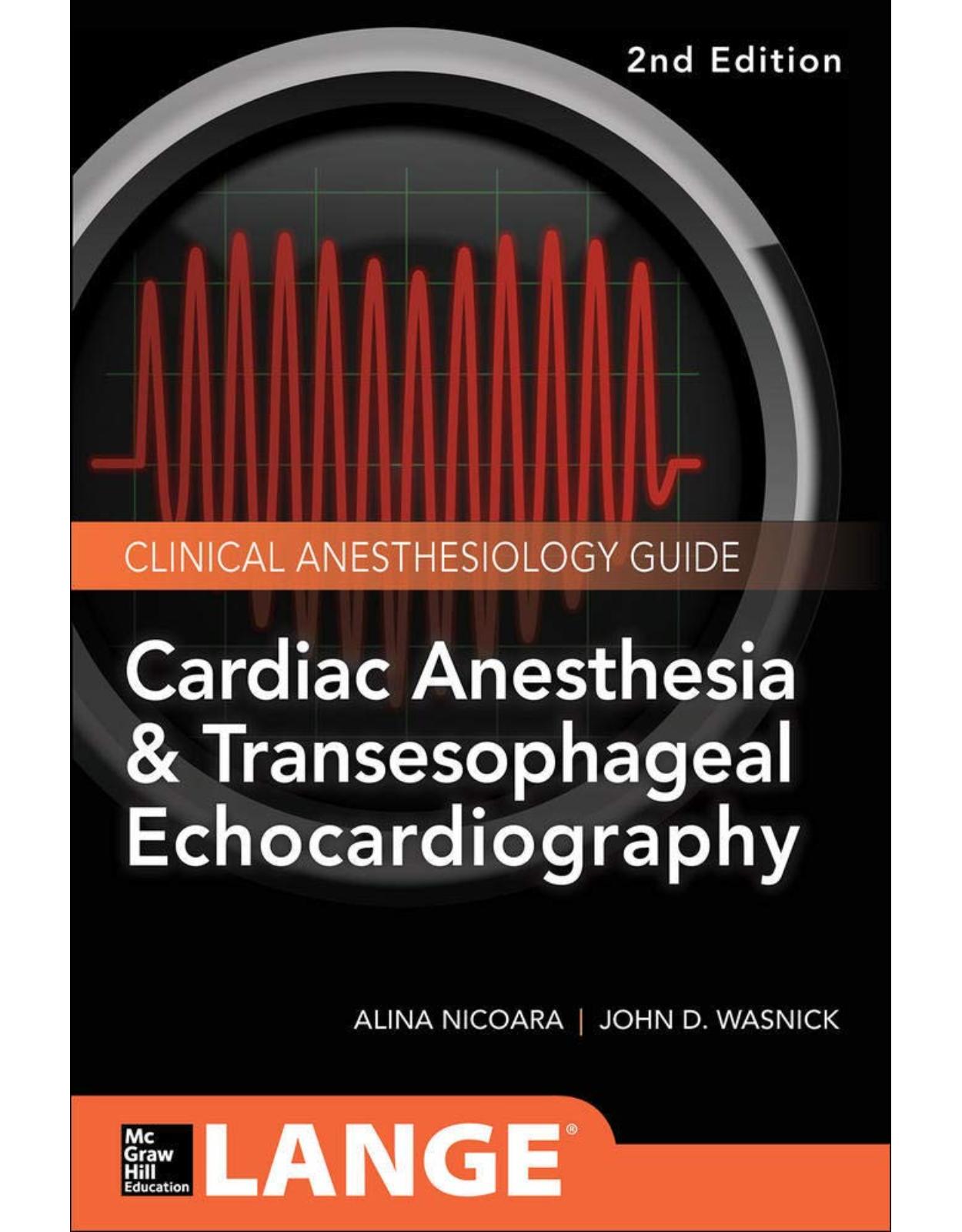
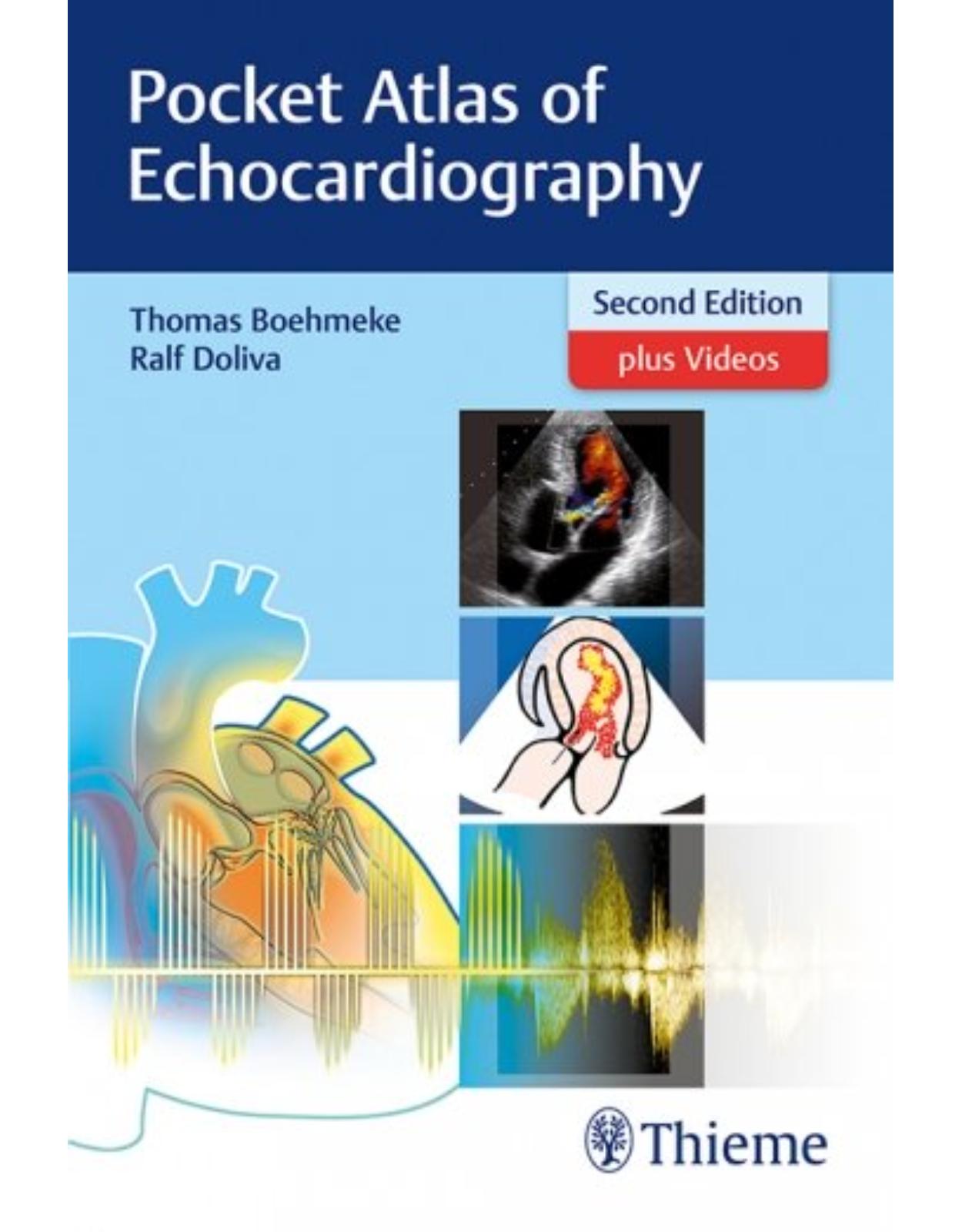
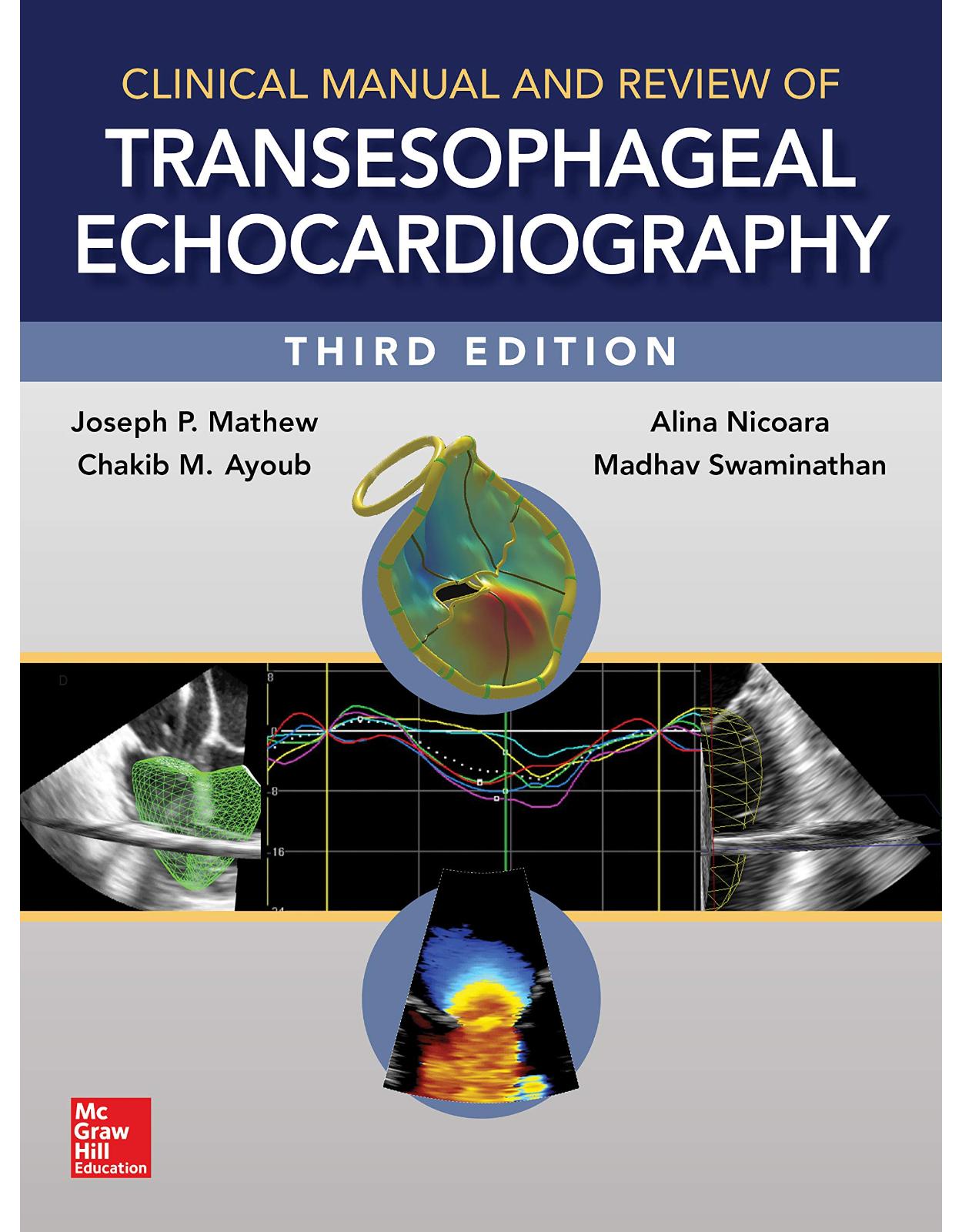
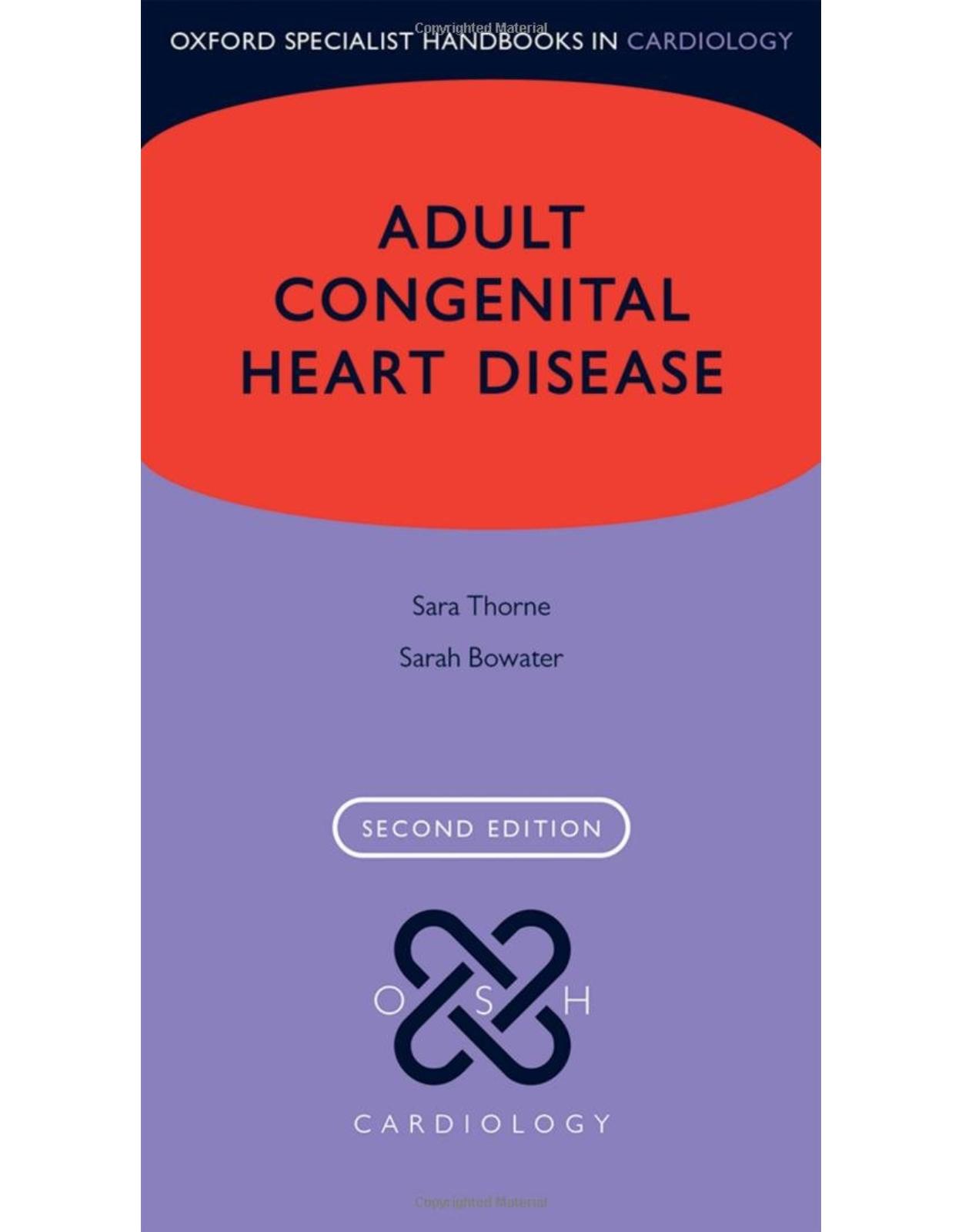


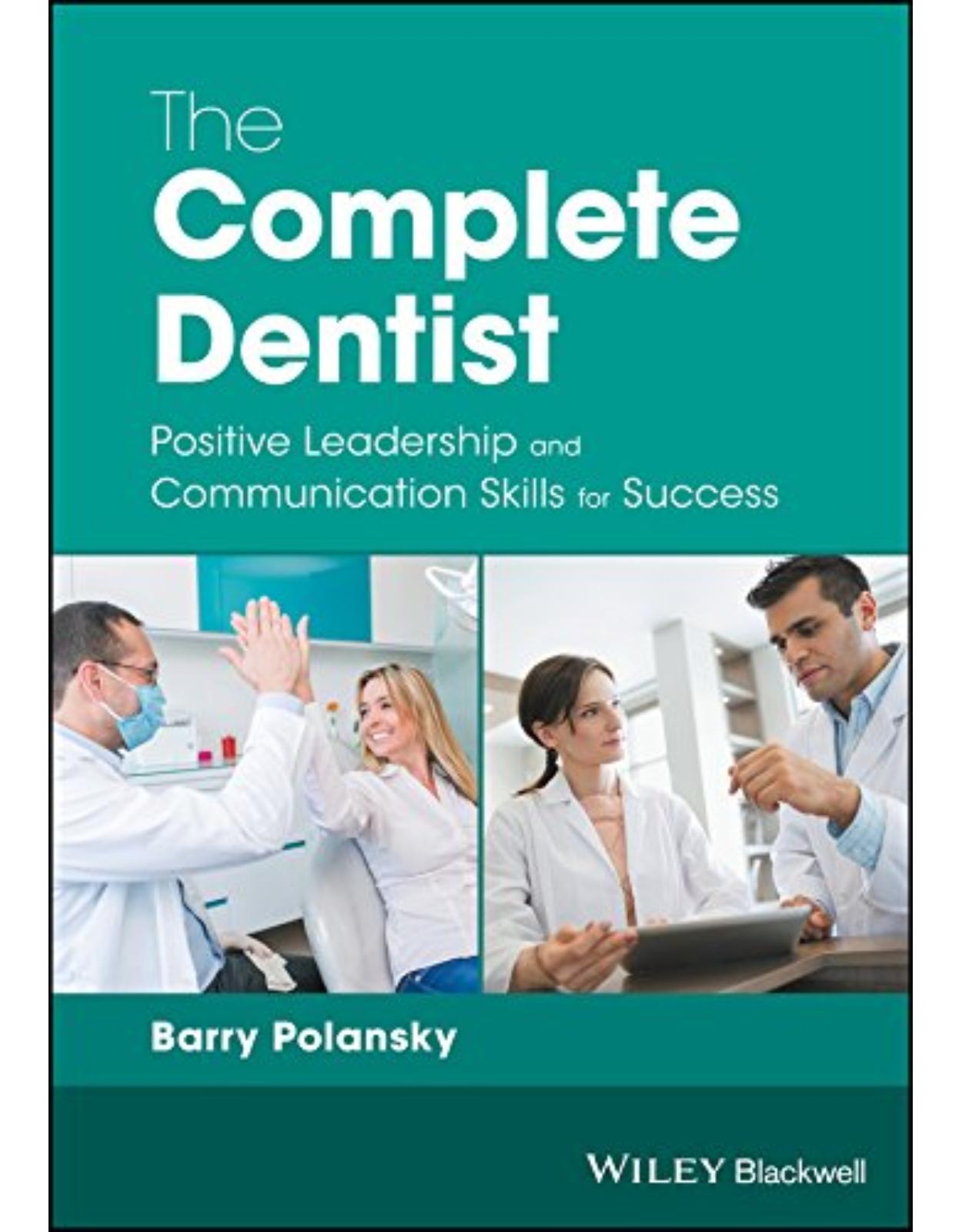
Clientii ebookshop.ro nu au adaugat inca opinii pentru acest produs. Fii primul care adauga o parere, folosind formularul de mai jos.